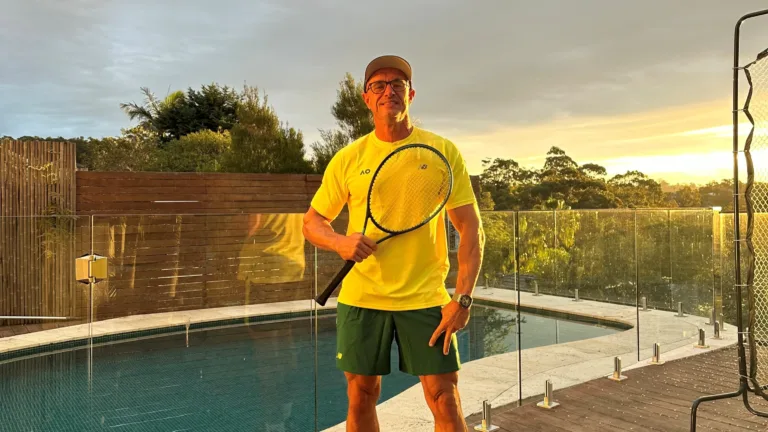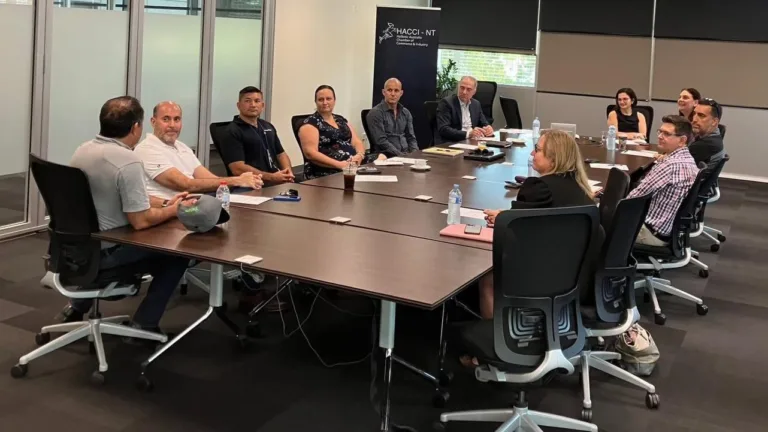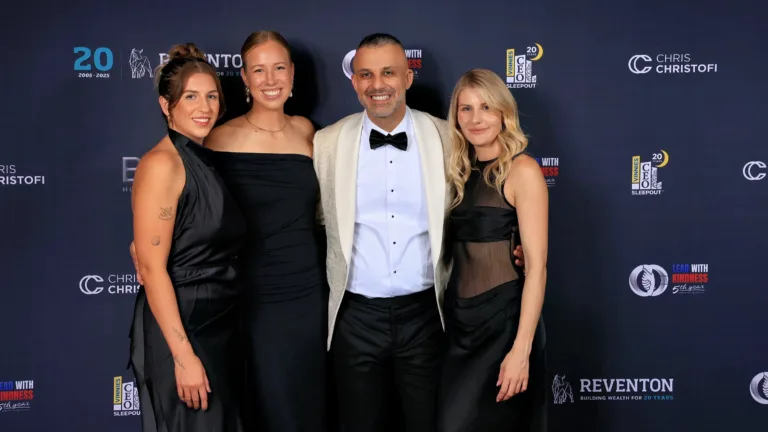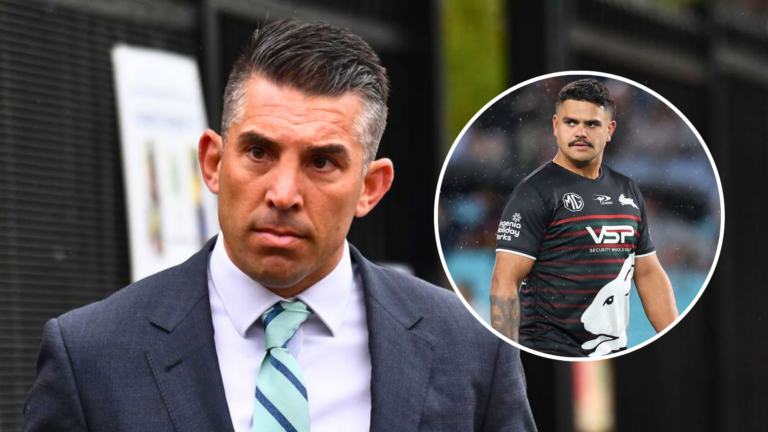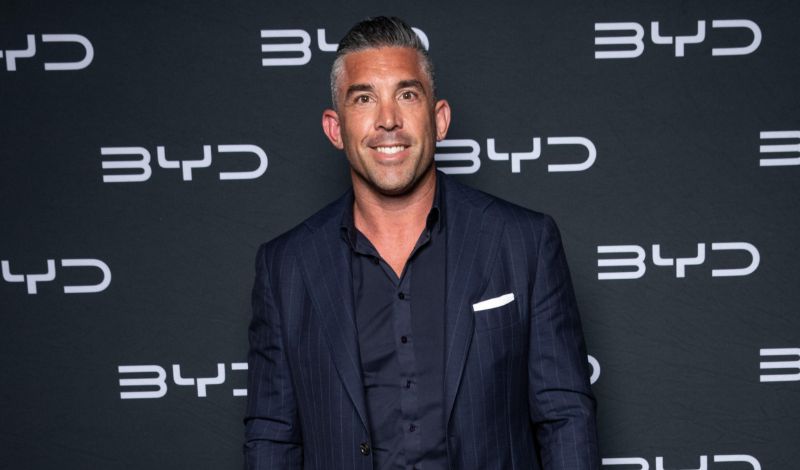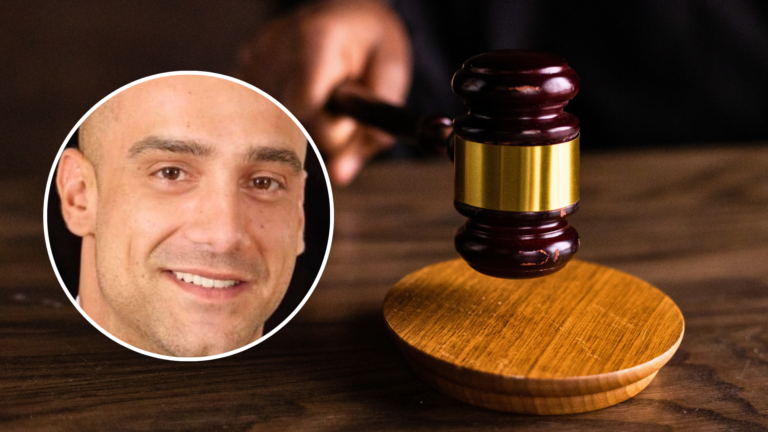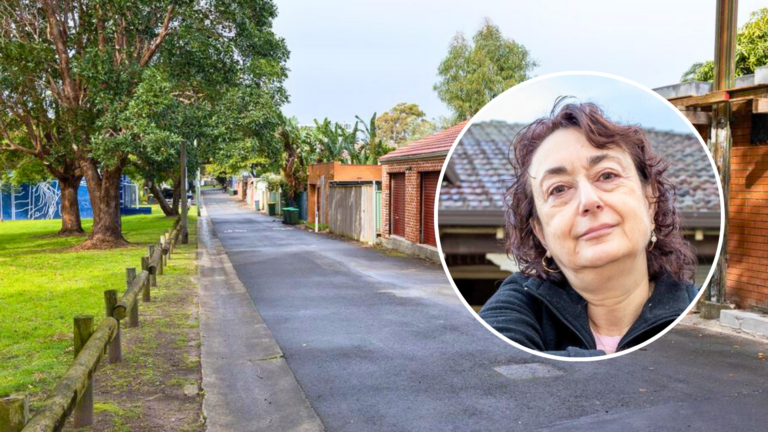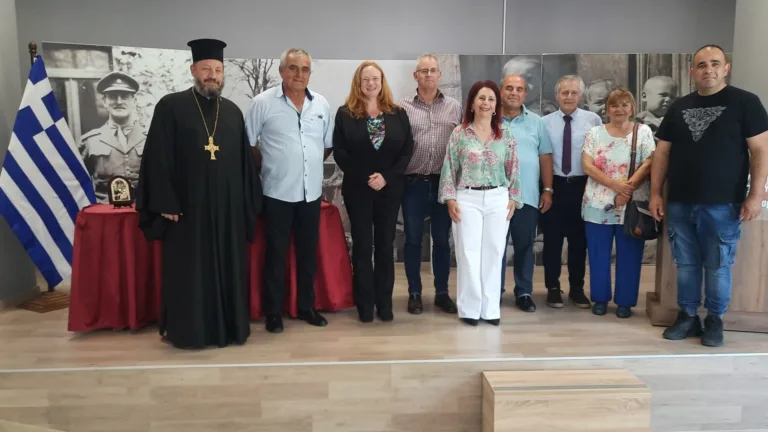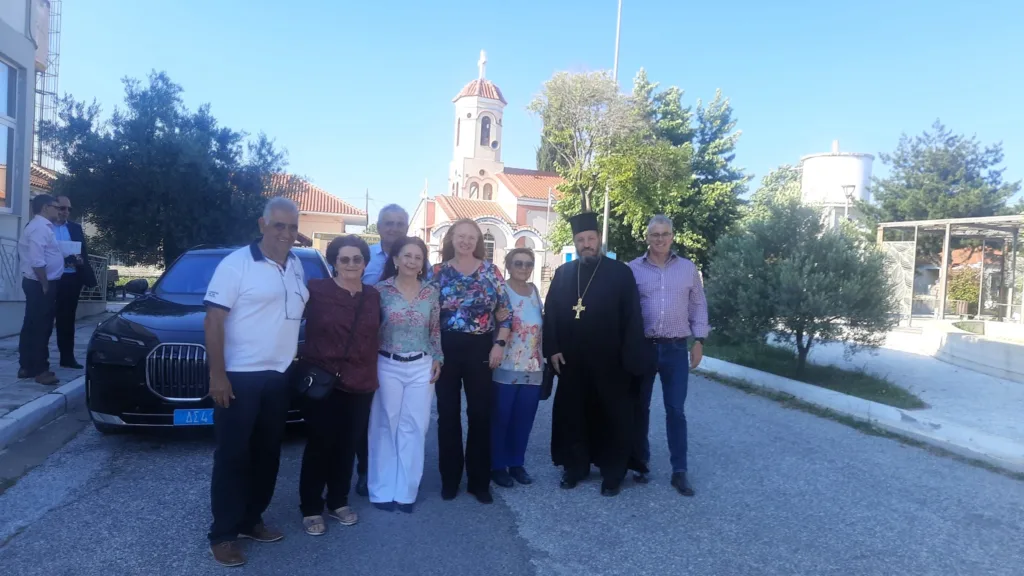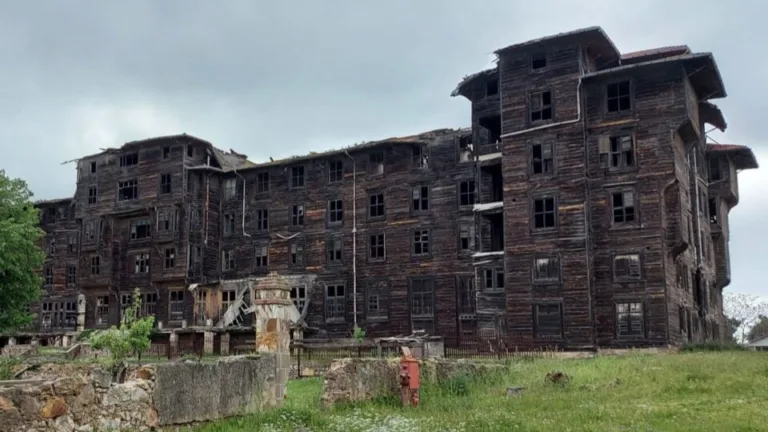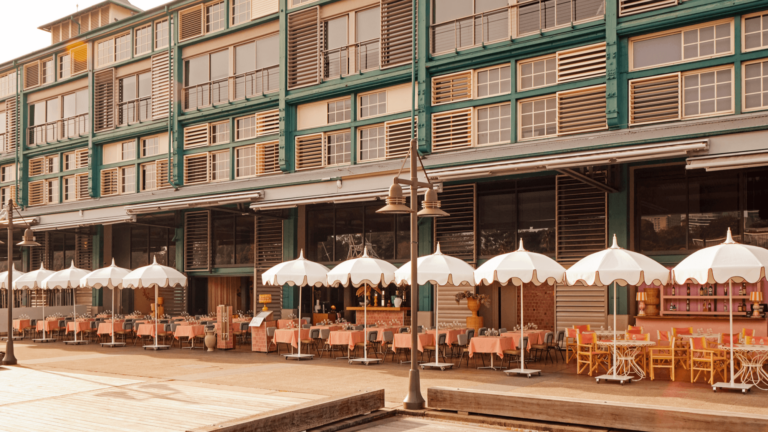By Takis Triadafillou
From humble beginnings as a five-year-old on Sydney’s tennis courts to an international career in senior sport, 55-year-old Michael Kypreos is proof that passion, perseverance, and discipline have no age limit.
The Sydney-born professional accountant and founder of Sydney Accounting Services is now preparing to represent Australia at the ITF Seniors World Championships in Lisbon this August — making him the first Greek Australian selected for the national veterans team in the 50+ category.
“I was almost in tears,” Kypreos told The Greek Herald of the moment he received the call-up. “It was overwhelming.”
Balancing business and tennis
Kypreos, whose parents Eugenia and Heraklis migrated to Australia from Patras in 1962, has carved out parallel careers in both accounting and competitive sport.
A graduate of UTS and a member of the Institute of Public Accountants, he founded his firm in 2003 and has grown it into a successful enterprise. But behind the desk is also a dedicated athlete who trains daily and manages to fit high-performance tennis around a full professional schedule.
“With very good time management. I wake up very early and sleep late,” he explains. “For the past six years, I’ve devoted my life to training in order to reach a world-class level.”
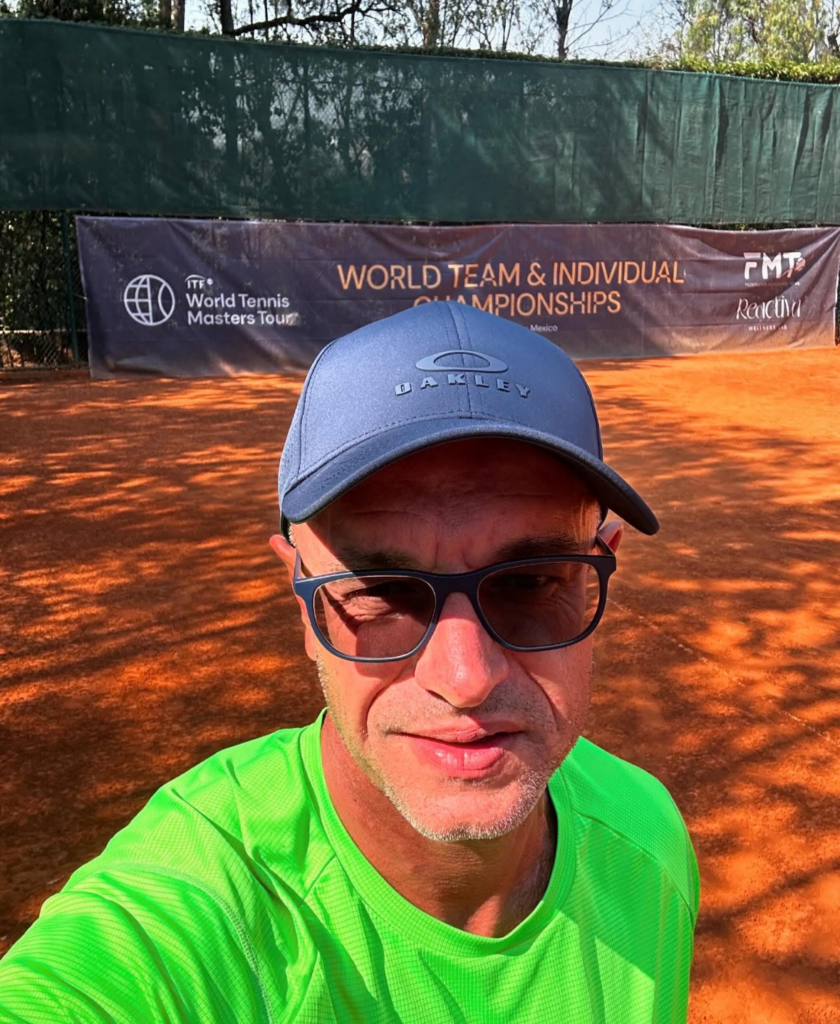

A champion on and off the court
Kypreos currently holds an ITF seniors world ranking inside the top 200 in singles and top 80 in doubles. His long list of achievements includes reaching the finals in major state and national tournaments and a standout performance at the 2025 Australian Tennis Championships, where he won 20 of 22 matches for New South Wales.
In 2024, he became the only Australian player in his category to win a match at the ITF World Individual Tennis Championship in Mexico, before falling to the UK’s Seb Jackson in the Round of 32.
Now, as he sets his sights on Lisbon, his personal goal is clear: “Yes, I want to become number 1 in the world in my category… I’m working on it every day.”
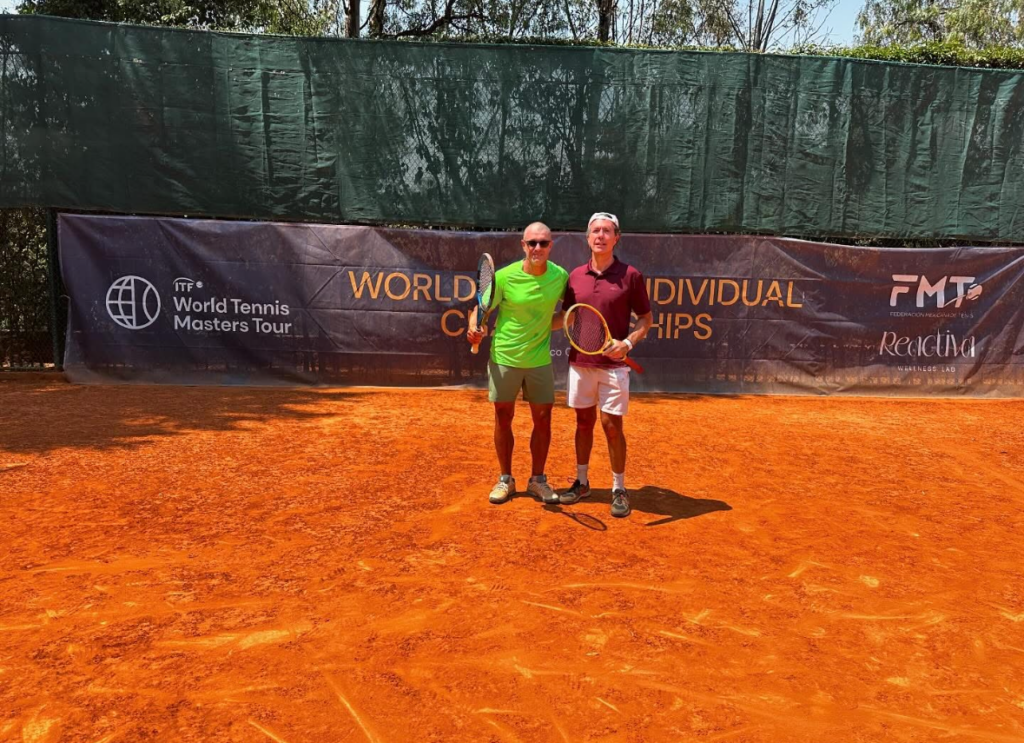
A message to the community
Despite his elite achievements, Kypreos remains grounded. He credits his Greek roots for instilling a strong work ethic and resilience.
“Health is the most important thing in life. Sports offer health, mental well-being, and build character. Winning or losing doesn’t matter—what matters is participating and trying,” he says.
His life motto? “Health is above all. Sport is victory – even in defeat.”
Career highlights
- Champion (Division 1) – Hellenic Tennis Association State League (2005)
- Quarterfinalist – Australian Veterans Singles Championship, 45+ (2015)
- Multiple-time Semifinalist – ACT, NSW, Queensland and Oceania Veterans Championships
- Finalist – Melbourne Veterans Doubles, 50+ (2024)
- Represented NSW – Australian Championships (2024–25), with a 91% win rate in 2025
- ITF World Championship Participant – Mexico (2024)
- Set to represent Australia at the ITF Seniors World Championships – Lisbon, August 2025
ITF Masters Rankings
- Highest Doubles Ranking: No. 84 (January 2025)
- Highest Singles Ranking: No. 210 (November 2024)
As Kypreos prepares to wear the green and gold in Portugal, he carries with him the pride of two nations, the spirit of sport, and a message that age is no barrier when heart and discipline lead the way.
